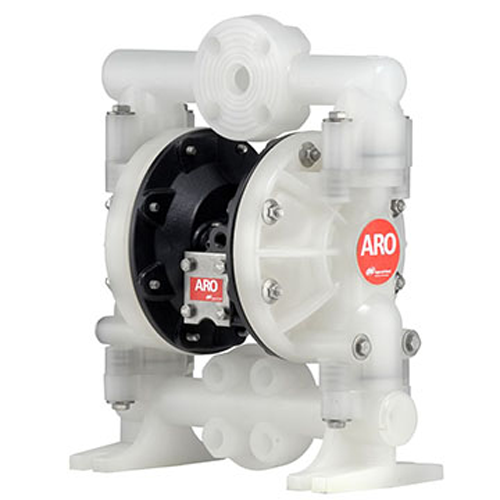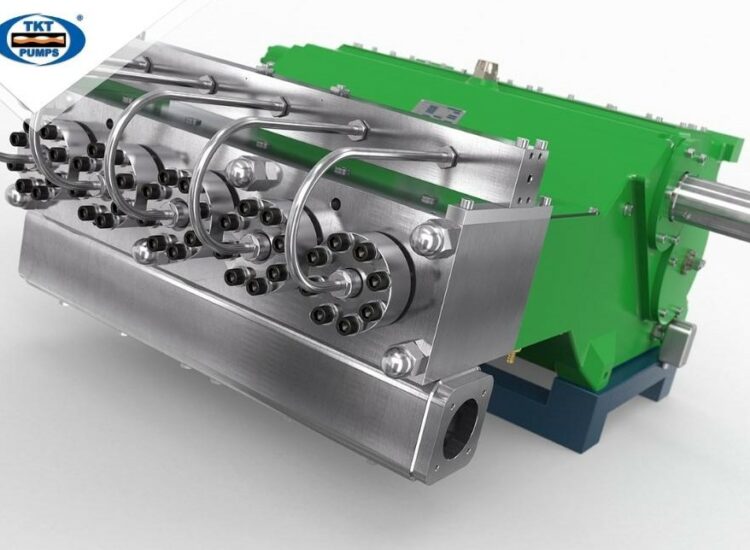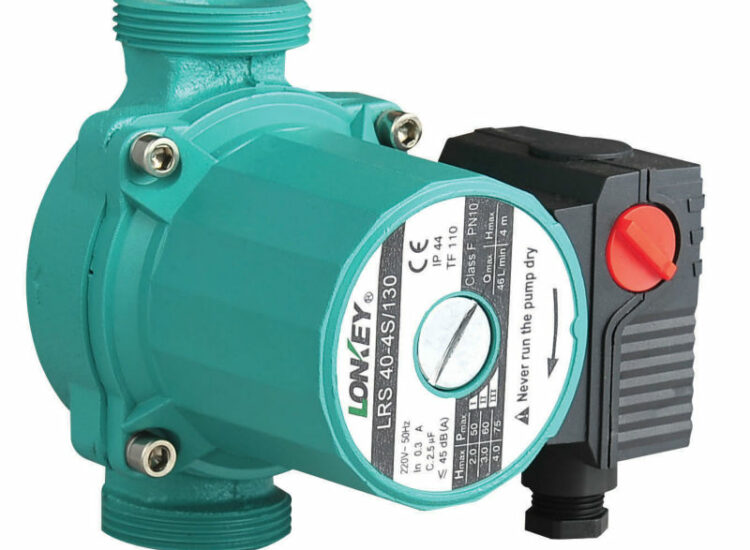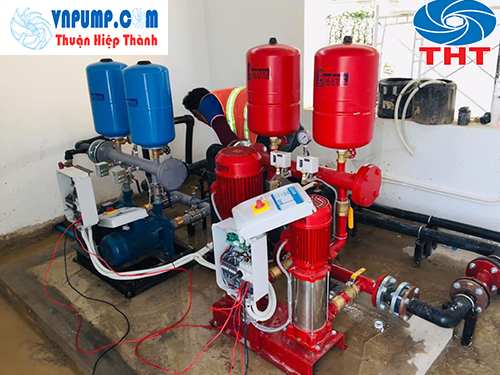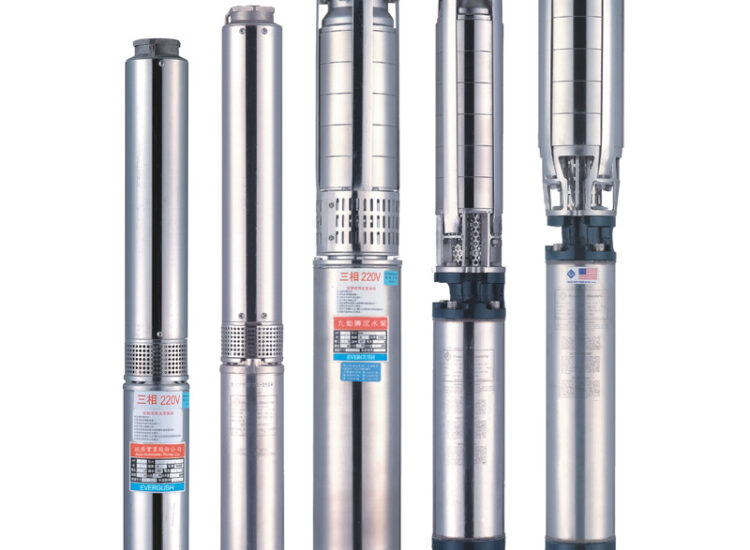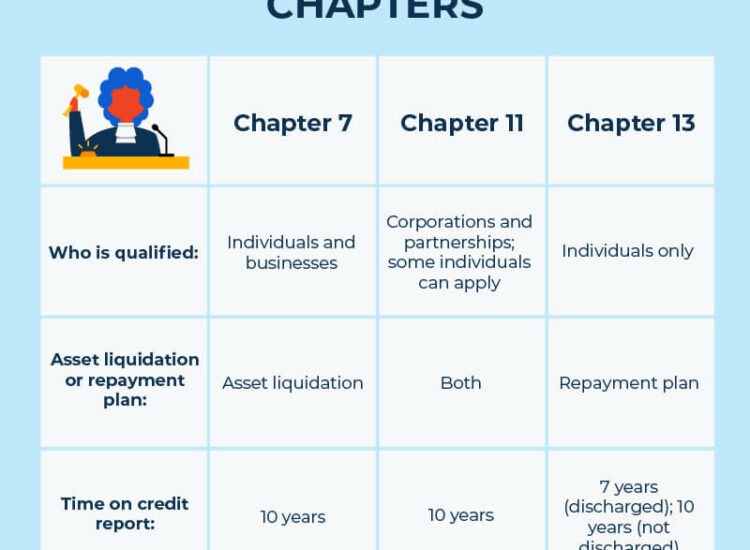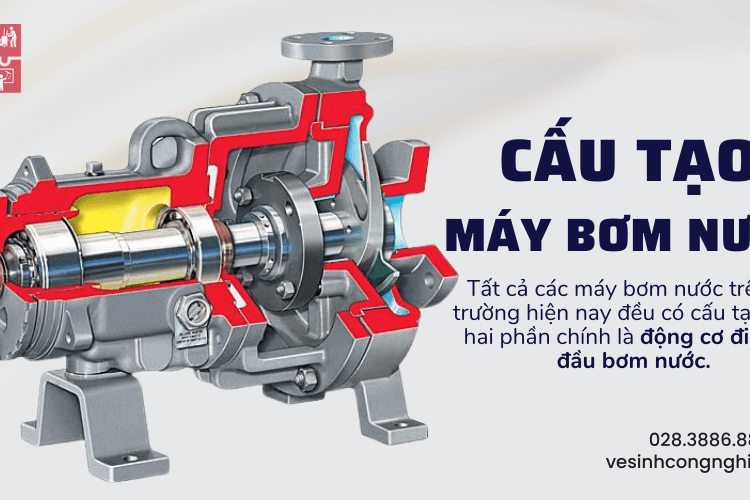In the vast landscape of modern business, mobility is often a key component of success. Whether delivering goods, providing services at client locations, transporting equipment, or simply making sales calls, many businesses rely heavily on vehicles to conduct their operations. For countless companies, these vehicles are cars – sedans, SUVs, or other passenger vehicles that serve commercial purposes. While most people are familiar with personal car insurance, insuring a car used for business requires a specialized type of coverage: Commercial Insurance Car. This vital form of protection, often referred to as commercial car insurance, business car insurance, or a component of commercial auto insurance, is fundamentally different from personal auto insurance and is essential for any enterprise that uses a car in the course of its work. Failing to secure adequate Commercial Insurance Car can expose a business to significant financial liabilities, legal complications, and operational disruptions in the event of an accident or other incident involving a vehicle used for commercial activity. Understanding what is Commercial Insurance Car, the specific coverages it entails, why it’s necessary, and how to obtain it is crucial for business owners seeking to manage their risks effectively. This comprehensive guide will delve into the world of Commercial Insurance Car, exploring its core purpose, detailing the essential types of commercial car insurance coverage, discussing the factors influencing commercial car insurance cost, and outlining the process of getting commercial car insurance quotes and securing a policy as part of a sound business risk management strategy.
Toc
Understanding Commercial Insurance Car: Protecting Vehicles Used for Business
The moment a personal car is regularly used for work purposes, or a vehicle is owned by a business entity and used for commercial activities, its insurance needs change dramatically. Commercial Insurance Car is designed specifically for these scenarios, recognizing the increased risks and different liabilities associated with business vehicle usage.
What is Commercial Insurance Car? Distinguishing Business Use from Personal Use
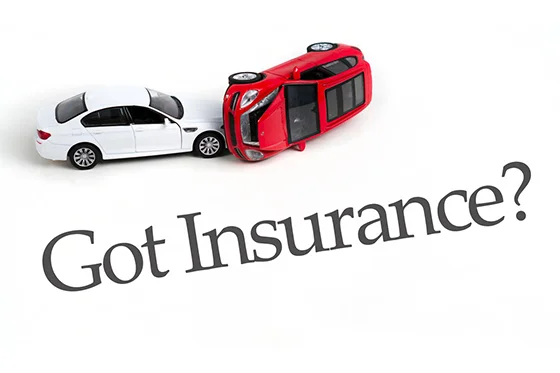
At its most basic definition, Commercial Insurance Car is a type of commercial auto insurance policy tailored to cover cars (and often other passenger-style vehicles) that are used for business purposes. The key differentiator between personal car insurance and Commercial Insurance Car lies in the usage of the vehicle. Personal auto insurance is designed for private, non-commercial use – commuting, errands, leisurely trips. Commercial Insurance Car, on the other hand, is intended for vehicles used to conduct business activities.
Examples of business use that typically require Commercial Insurance Car include:
- Transporting goods or people for a fee (delivery services, ridesharing where personal policies exclude commercial use).
- Traveling to and from job sites or client locations (contractors, service providers, salespersons).
- Using the car as a mobile office.
- Transporting equipment or materials related to the business.
- Any vehicle owned by a corporation, partnership, or LLC, even if primarily used by one person.
- Vehicles used for towing trailers with commercial equipment.
The moment a car is used for these types of activities, the risks increase. Business driving often involves more time on the road, driving in different areas, carrying business-related items, or interacting with clients/customers while driving. Personal auto insurance policies contain exclusions for commercial use, meaning that if an accident occurs while you are using your car for business and you only have a personal policy, your claim could be denied. This is why Commercial Insurance Car, or commercial auto insurance covering cars, is essential to ensure you have the necessary coverage when your vehicle is engaged in work-related tasks. It’s specifically designed to insure business car risks.
Why Standard Auto Insurance Falls Short for Your Business Car

The fundamental reason standard personal auto insurance is inadequate for a business car stems from the difference in risk exposure and policy design. As highlighted, personal policies are structured and priced based on the typical risks associated with non-commercial driving. They often have explicit exclusions that void coverage if the vehicle is used for business.
When you use a car for commercial purposes, you generally spend more time on the road, potentially increasing the likelihood of an accident. The nature of the driving might also be different – frequent stops for deliveries, driving in unfamiliar service areas, or transporting clients. These activities present a higher or different type of risk profile than a personal commute or a weekend trip. Personal insurance premiums are not calculated to account for these elevated or altered risks.
Furthermore, the potential financial consequences of an accident involving a business car can be significantly higher than those involving a personal vehicle. A business-related accident could lead to lawsuits not only for bodily injury or property damage but also for loss of business time, damage to reputation, or impact on clients. The liability limits on personal policies may be insufficient to cover these expanded potential damages. A business auto policy is structured with higher liability limits and broader coverage terms to address these increased exposures. Attempting to insure business car usage with a personal policy is a gamble that could lead to devastating financial consequences for your business in the event of a claim, leaving you uninsured and liable for all costs. This is why securing dedicated Commercial Insurance Car coverage is not optional but a necessity when a car is used for work.
The Necessity of Commercial Car Insurance for Operational and Financial Stability
The operational and financial stability of a business can be directly impacted by the proper or improper insurance of its vehicles. Commercial Car Insurance is necessary not just for financial protection but also for compliance and ensuring the business can continue operating even after an incident.
Firstly, adequate Commercial Car Insurance provides crucial financial protection against liabilities. If a commercial vehicle is involved in an accident that causes injury to others or damage to property, the resulting costs for medical bills, repairs, legal defense fees, settlements, and judgments can be immense. Commercial Car Insurance (specifically the liability component) covers these costs up to the policy limits, shielding the business’s assets from these potentially ruinous expenses. Without this coverage, a single accident could lead to financial collapse.
Secondly, Commercial Car Insurance is often a legal requirement. Just as with personal vehicles, businesses are legally required to carry minimum levels of auto insurance for their vehicles. For vehicles used commercially, this minimum requirement falls under commercial auto insurance. Operating a business car without the appropriate commercial auto insurance can result in significant fines, penalties, suspension of business licenses, and personal liability for the business owner in the event of an accident. Ensuring compliance with these legal mandates requires securing a commercial insurance policy that includes proper commercial auto insurance for all vehicles used commercially.
Thirdly, Commercial Car Insurance supports operational continuity. If a commercial vehicle is damaged and unusable after a covered incident, coverages like comprehensive or collision can provide funds for repairs or replacement, allowing the business to get back on the road quickly. Additionally, some policies may offer coverage for rental reimbursement, providing a temporary vehicle while yours is being repaired. This minimizes downtime and helps the business continue serving clients or making deliveries, thereby protecting revenue streams. The necessity of Commercial Car Insurance for financial protection, legal compliance, and operational resilience underscores its vital role in the business risk management strategy for any enterprise that uses cars for work. It is the correct way to insure business car usage.
Essential Coverages within Commercial Insurance Car Policies
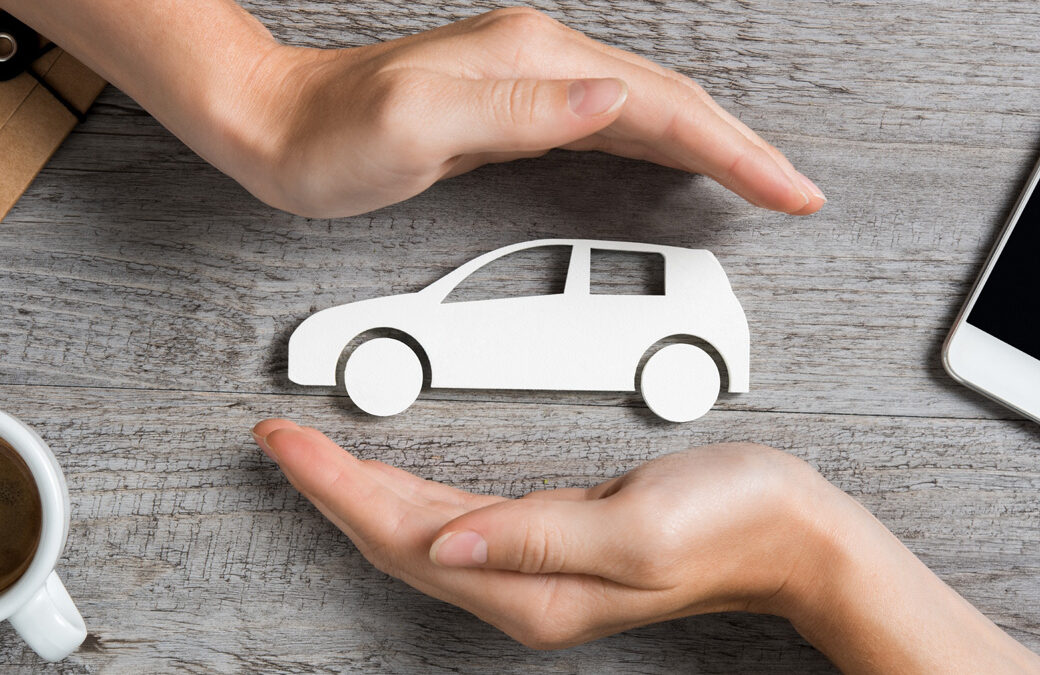
A Commercial Insurance Car policy is typically a specialized form of a business auto policy. It includes several standard coverages designed to protect the business from various risks associated with operating a commercial vehicle. Understanding these coverages is key to building an adequate commercial insurance policy for your business cars.
Foundational Protection: Liability Coverage for Your Commercial Vehicle
Just as with personal auto insurance, liability coverage is the most fundamental component of Commercial Insurance Car. It is designed to protect your business from the costs of damages or injuries you cause to others while operating a commercial vehicle.
Commercial auto insurance liability coverage for a business car typically includes:
- Bodily Injury Liability: This covers medical expenses, lost wages, and legal costs if you or an employee operating the commercial vehicle cause bodily harm to others in an accident.
- Property Damage Liability: This covers the cost of repairing or replacing property belonging to others that is damaged by your commercial vehicle in an accident.
The limits of liability coverage in a Commercial Insurance Car policy are typically higher than those found in personal auto policies, recognizing the increased potential for significant claims in commercial accidents. Choosing adequate liability limits is crucial to ensure your business auto policy provides sufficient protection against potentially large lawsuits. Failing to carry enough liability coverage means your business’s assets could be on the line if damages exceed your policy limits. This foundational liability coverage is non-negotiable for any commercial vehicle insurance.
Protecting Your Investment: Physical Damage Coverage for Your Business Car
Beyond the damage or injury caused to others (liability), Commercial Insurance Car also provides coverages to protect the commercial vehicle itself from damage or loss. This is known as physical damage coverage.
Physical damage coverage for a business car typically includes:
- Collision Coverage: This covers damage to your commercial vehicle resulting from a collision with another vehicle or object, regardless of who was at fault.
- Comprehensive Coverage: This covers damage to your commercial vehicle from non-collision events, such as theft, vandalism, fire, hail, falling objects, or hitting an animal.
These coverages are crucial for protecting your business’s financial investment in its vehicles. If a commercial vehicle is damaged or stolen, collision or comprehensive coverage (depending on the cause) provides the funds needed for repairs or replacement, less your deductible. This allows the business to quickly restore or replace its operational asset, minimizing downtime and supporting continuity. The commercial car insurance cost for physical damage coverage depends on factors like the value, age, and type of the commercial vehicle, as well as the chosen deductible. While liability coverage protects others, physical damage coverage protects your own business car.
Extending Coverage: Hired and Non-Owned Auto Insurance for Business Car Usage
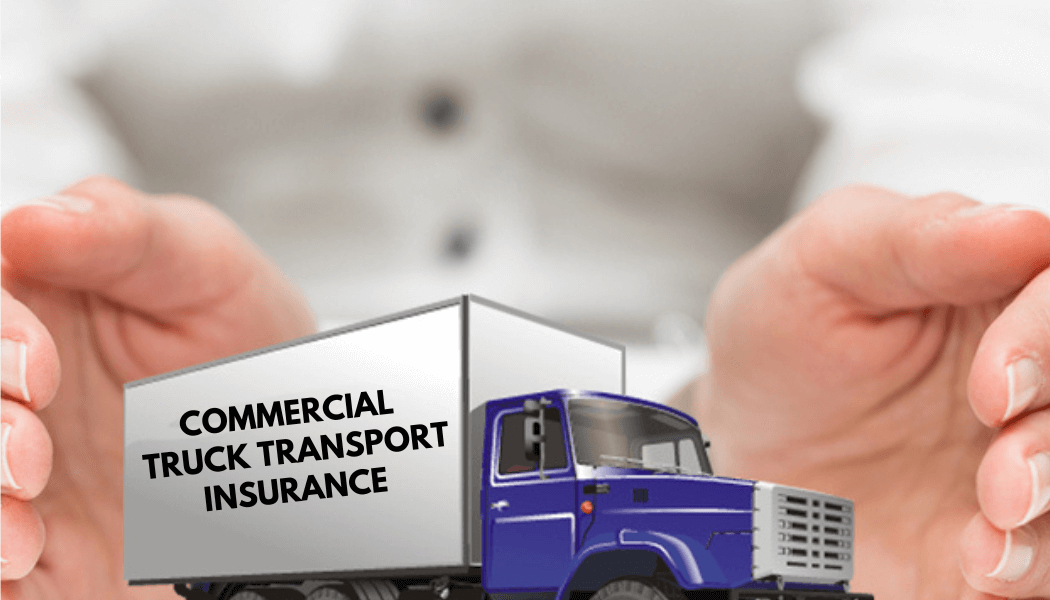
A critical, often overlooked, component of comprehensive Commercial Insurance Car for businesses is Hired and Non-Owned Auto Insurance. This coverage addresses situations where vehicles not owned by the business are used for business purposes, which is very common with cars.
- Hired Auto Coverage: This provides liability coverage for vehicles that your business hires, leases, rents, or borrows (excluding vehicles owned by your employees). For example, if you rent a car for a business trip and are involved in an accident, hired auto coverage would apply if a claim exceeds the rental company’s insurance or your personal coverage (which may not apply to business use).
- Non-Owned Auto Coverage: This provides liability coverage for vehicles used for your business that are not owned, hired, or leased by your business, but are used on behalf of the business. The most common example is an employee using their personal car (which has a personal auto policy) to run a work-related errand, attend a meeting, or travel for business. If that employee gets into an accident while performing a work task, and their personal auto policy’s limits are insufficient or the policy denies the claim due to business use exclusion, non-owned auto coverage from the employer’s business auto policy could provide the necessary liability coverage.
Hired and Non-Owned Auto Insurance is particularly relevant for businesses where employees occasionally use their personal cars for work or where the business rents vehicles. Adding these coverages to your commercial insurance policy ensures that your business is protected even when the commercial vehicle isn’t directly owned by the company. It closes potential gaps in liability coverage when employees are operating their own cars or rented cars on business tasks, providing a vital layer of protection under your Commercial Insurance Car umbrella. This is an essential consideration for any business where employees drive their personal cars for work, even infrequently.
Acquiring Commercial Insurance Car: Factors, Cost, and Getting Covered
Securing the appropriate Commercial Insurance Car policy requires understanding the factors that influence its cost and navigating the process of getting covered. The goal is to find a policy that provides adequate protection for your business car usage at a competitive price.
Factors That Influence Your Commercial Car Insurance Cost
The premium you pay for Commercial Insurance Car is calculated based on several factors that help insurers assess the level of risk associated with insuring your specific commercial vehicle usage. Understanding these helps anticipate your commercial car insurance cost.
Key factors influencing commercial car insurance cost include:
- Type of Vehicle: The make, model, age, and value of the car being insured. More expensive cars cost more to repair or replace, impacting comprehensive and collision coverage costs. Certain types of cars might also have higher theft rates or repair costs.
- How the Car is Used: The primary use of the commercial vehicle (e.g., delivery, service, sales, passenger transport, towing). High-mileage or high-risk usage (like transporting hazardous materials, though typically not in a car) leads to higher premiums.
- Industry: The industry your business operates in can influence the perceived risk. For instance, a contractor who transports tools might face different risks than a consultant who primarily uses their car for client meetings.
- Driving Records of Operators: The driving history of anyone who will operate the commercial vehicle is a significant factor. Accidents, traffic violations, and DUIs can increase commercial car insurance cost.
- Location: The geographic area where the commercial vehicle is primarily operated and parked influences cost due to factors like traffic density, accident rates, theft rates, and repair costs in that area.
- Coverage Limits and Deductibles: The amount of liability coverage and physical damage coverage you choose, as well as the deductibles for collision and comprehensive coverage, directly impact the premium. Higher limits and lower deductibles increase the commercial car insurance cost.
- Number of Vehicles: Businesses insuring multiple commercial vehicles might qualify for fleet discounts, but adding more vehicles increases the overall premium.
- Claims History: The business’s past history of filing commercial auto insurance claims (or sometimes general business insurance claims) can influence the premium.
Providing accurate information about these factors when getting commercial car insurance quotes is essential for receiving an accurate estimate of your commercial insurance car cost.
The Process of Getting Commercial Car Insurance Quotes and Securing a Policy
Securing Commercial Insurance Car involves a structured process to ensure you get the right coverage for your business car needs. It focuses on accurately representing your vehicle usage and risk profile to potential insurers.
- Gather Vehicle and Business Information: Collect details about the car(s) needing coverage (make, model, year, VIN, usage, estimated annual mileage), information about the business (industry, location, number of employees, revenue), and the driving records of all individuals who will operate the commercial vehicle(s).
- Determine Coverage Needs: Based on your business operations and the type of driving involved, decide on the necessary types of commercial car insurance (Liability, Collision, Comprehensive, UM/UIM, Med Pay, and critically, Hired and Non-Owned Auto Insurance if applicable). Determine appropriate coverage limits (often higher than personal limits) and deductibles.
- Shop Around and Get Quotes: Contact multiple insurance providers that specialize in commercial auto insurance or work with an independent insurance agent who can get commercial car insurance quotes from various insurers. Provide the detailed information gathered in step 1 to each potential insurer to get accurate quotes for your commercial car insurance cost. Be specific about how the car(s) will be used for business.
- Compare Quotes: Evaluate the commercial car insurance quotes received. Look beyond just the commercial car insurance cost. Compare the coverage limits, deductibles, included types of commercial car insurance, and any exclusions. Ensure the quotes are for comparable levels of coverage.
- Review the Commercial Insurance Policy: Before purchasing, carefully read the complete business auto policy document. Understand all terms, conditions, coverage specifics, limits, deductibles, and exclusions. Pay close attention to the details about covered vehicles, covered drivers, and restrictions on vehicle usage.
- Purchase and Bind Coverage: Once satisfied, finalize the purchase by signing the policy and making the initial premium payment. Your Commercial Insurance Car policy is then active.
Navigating the process of getting commercial car insurance quotes and securing a policy requires diligence but ensures your business car usage is properly protected.
Commercial Insurance Car as Part of Your Overall Business Risk Management Strategy
Recognizing the need for and securing Commercial Insurance Car is a vital component of a broader business risk management strategy. Business risk management involves identifying, assessing, and mitigating all potential threats to your business’s operations and financial health.
Vehicular risks, while specific, can have significant financial and operational consequences. Accidents can lead to substantial liability claims (covered by Commercial Insurance Car liability coverage), damage to essential operational assets (covered by physical damage coverage), injuries to employees or others, and operational downtime. By securing adequate Commercial Insurance Car, a business is actively transferring the financial risk of these events to the insurance provider. This allows the business to budget for the predictable commercial car insurance cost (premium) rather than being exposed to the unpredictable and potentially catastrophic costs of uninsured auto accidents.
Furthermore, including Hired and Non-Owned Auto Insurance in your Commercial Insurance Car policy is a sophisticated aspect of business risk management. It addresses the risk of employees using personal vehicles for work, a common practice that often goes unnoticed until an accident occurs and the personal auto policy denies coverage. This Hired/Non-Owned coverage closes that critical gap, protecting the business from vicarious liability when employees are driving on company time.
While Commercial Insurance Car focuses specifically on vehicle-related risks, it must be considered alongside other essential types of commercial insurance such as General Liability Insurance (for non-auto related third-party injury/property damage), Workers’ Compensation Insurance (for employee injuries, regardless of whether in a vehicle or not, if it occurred during work duties), and Commercial Property Insurance (for damage to your business’s physical location and assets). A comprehensive commercial insurance policy is a multi-layered approach, and Commercial Insurance Car is the dedicated layer for managing the unique risks associated with using cars and other vehicles for business purposes. Integrating Commercial Insurance Car into your overall business risk management framework is essential for comprehensive protection and ensuring the long-term stability of your enterprise.
In conclusion, Commercial Insurance Car is a specialized and essential form of commercial auto insurance designed specifically for vehicles used for business purposes. Understanding what is Commercial Insurance Car highlights its crucial distinction from personal auto insurance and the necessity of this coverage to adequately insure business car usage. Key types of commercial car insurance include fundamental liability coverage, physical damage protection, and the vital hired and non-owned auto coverage. The commercial car insurance cost is influenced by factors like the vehicle type, usage, driver records, and location. Getting commercial car insurance quotes involves providing detailed information about your business and vehicle usage to insurers or commercial auto insurance specialists. By securing appropriate Commercial Insurance Car coverage, businesses actively engage in business risk management, transferring the significant financial risks associated with using cars for work, thereby protecting their operations, assets, and financial future. It is a non-negotiable requirement for any business relying on vehicles in the course of its ventures.






